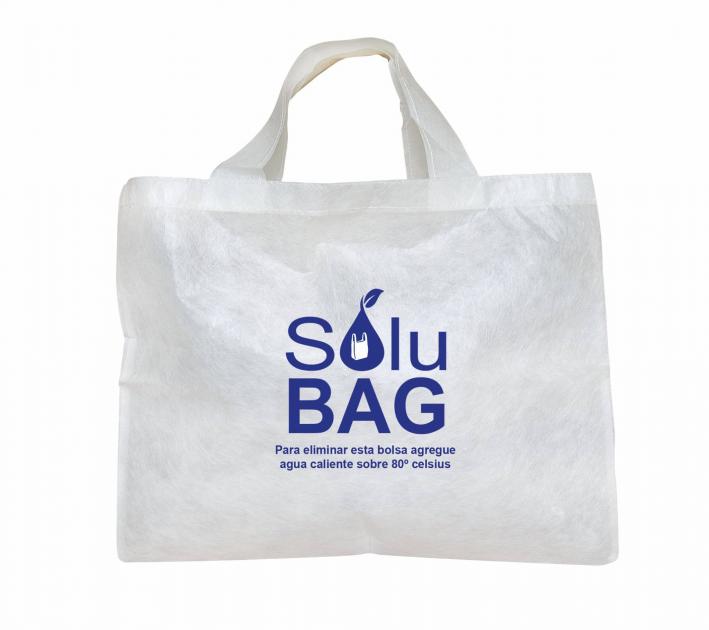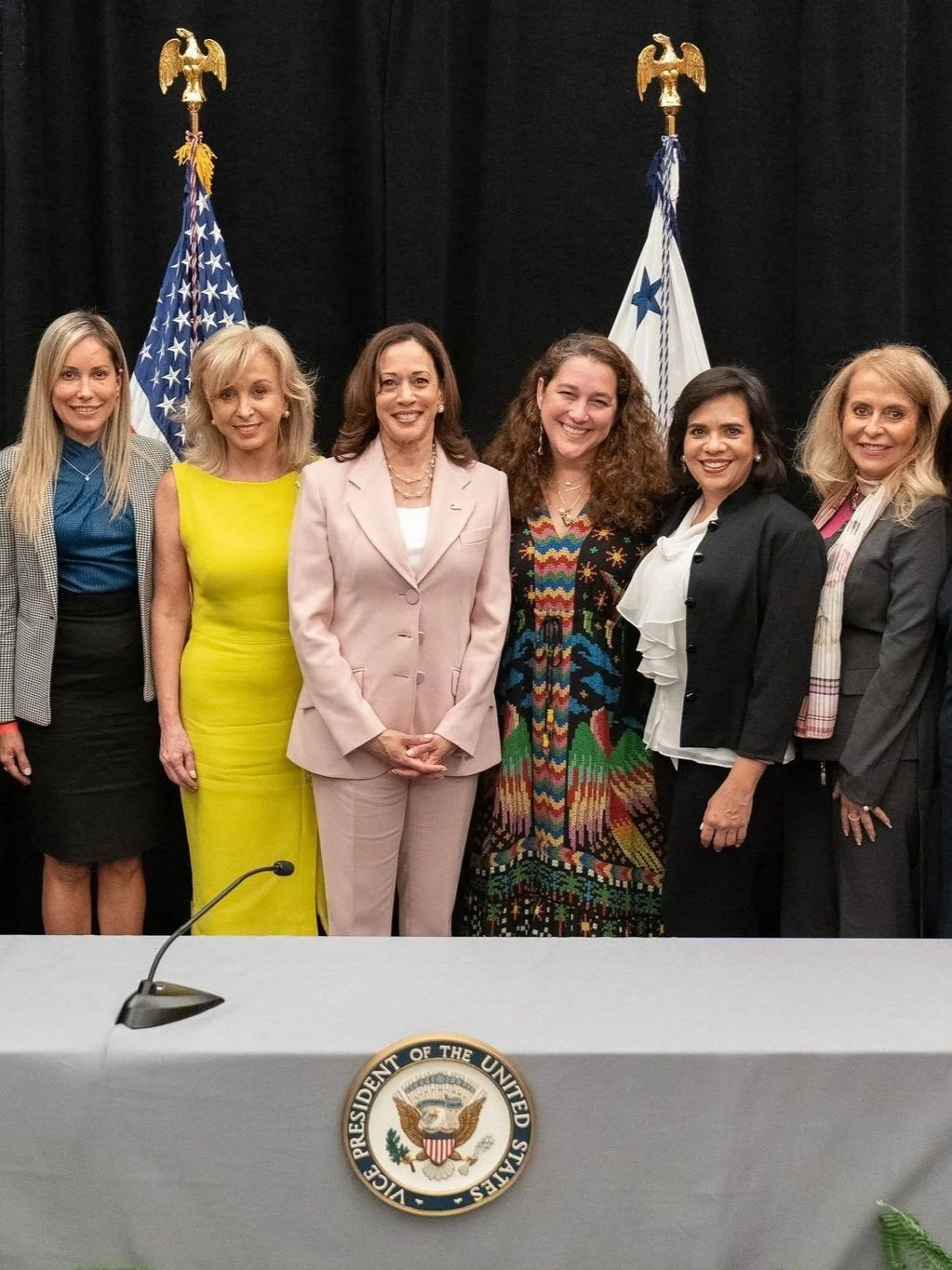The quest for more a sustainable lifestyle is prompting entrepreneurs and innovators from across the globe to look for bold, ground-breaking solutions to transform the way we live. Here we look at four such innovations that have been pioneered in Latin America, and which were recently highlighted by UN Environment, the United Nations Environment Program.
Bioplastics from Avocado Seeds
Mexican chemical engineer Scott Munguía is the founder of Biofase, a company that produces bioplastics from avocado seeds.
After discovering that the seeds contain a biopolymer similar to the one present in corn, which is currently used in the production of bioplastics, the entrepreneur’s Monterrey-based company now creates bioplastic products made of 60 per cent avocado biopolymer and 40 per cent synthetic organic compounds, which to date are used in 11 countries across Latin America.
According to Munguía, 300,000 tonnes of avocado seeds are discarded annually in Mexico, which it is estimated equates to 20 per cent of the global demand for bioplastics. Unlike other types of bioplastics, this avocado alternative doesn’t use crops suitable for human consumption, such as corn or cassava. And together with other plastics made from food waste, Biofase’s bioplastics could help meet the growing demand for the product without hampering progress in the fight against hunger.
Another sustainable factor of the seeds is their decomposition qualities. Items such as straws and cutlery made from avocado seeds decompose in only 240 days, and there is no need for incineration. This makes them a green alternative for cities or countries that lack incineration facilities at their waste plants.
River Turbines to Remove Plastic Waste
Ecuadorian innovator Inty Grønneberg has designed turbines capable of filtering and collecting plastics from bodies of water, thus preventing them ending up in the oceans.
Each year, around 13 million tonnes of plastic waste ends up in the oceans, which is equivalent to a full garbage truck every minute. Grønneberg’s turbines, made by his company Ichtion, can collect up to 80 tonnes of plastic from rivers daily, and can be installed on any boat and pick up plastic waste during navigation.
Last November, Grønneberg was recognized by the MIT Technology Review as one of their Innovators Under 35 Latin America 2018 and this year, he was honored with one of the highest distinctions granted by the Government of Ecuador. He hopes that these awards will help him raise awareness and secure the US$2 million needed to implement the technology in his home country.
Water Soluble Bags
Founders of Chilean start-up Solubag, Roberto Astete and Cristian Olivares have created a plastic bag which dissolves in water.
One million plastic bags are consumed every minute worldwide, with the majority ending up in landfill or in the oceans. A single-use polyethylene shopping bag takes up to 500 years to decompose, but Solubags contain polyvinyl alcohol (PVA), a material found by Astete and Olivares while analysing biodegradable detergent capsules, and use limestone instead of oil by-products, so they have zero environmental impact.
Currently produced in China, the duo’s innovation is expected to be widely accepted in Chile, which recently became the first South American country to legally ban the widespread commercial use of plastic bags.
A Home for Sustainable Living
A group of students, graduates and professors from the ORT University Uruguay are behind a housing project that can reduce energy consumption while offering a sustainable and accessible lifestyle.
La Casa Uruguaya (The Uruguayan House) is a living unit inspired by bioclimatic architecture that is equipped with technology that can reduce energy consumption. It is insulated in such a way to prevents heat and cold from entering; has two ceilings - one on top of the other - and, between the two, moving parts that can be remotely opened or closed in order to regulate indoor temperature; and windows are strategically located to improve lighting.
The house is also self-supplied with solar energy, notifies inhabitants of energy misuses, has a water reuse system, and sensors that help to regulate temperature, humidity or lighting.
Taking only 15 days to install and costing between US$50,000 and US$90,000, La Casa Uruguaya won major prizes at the Solar Decathlon Latin America and the Caribbean in 2015, an international academic competition organized by the United States Department of Energy; and in 2016 received a National Energy Efficiency Award in Uruguay.















